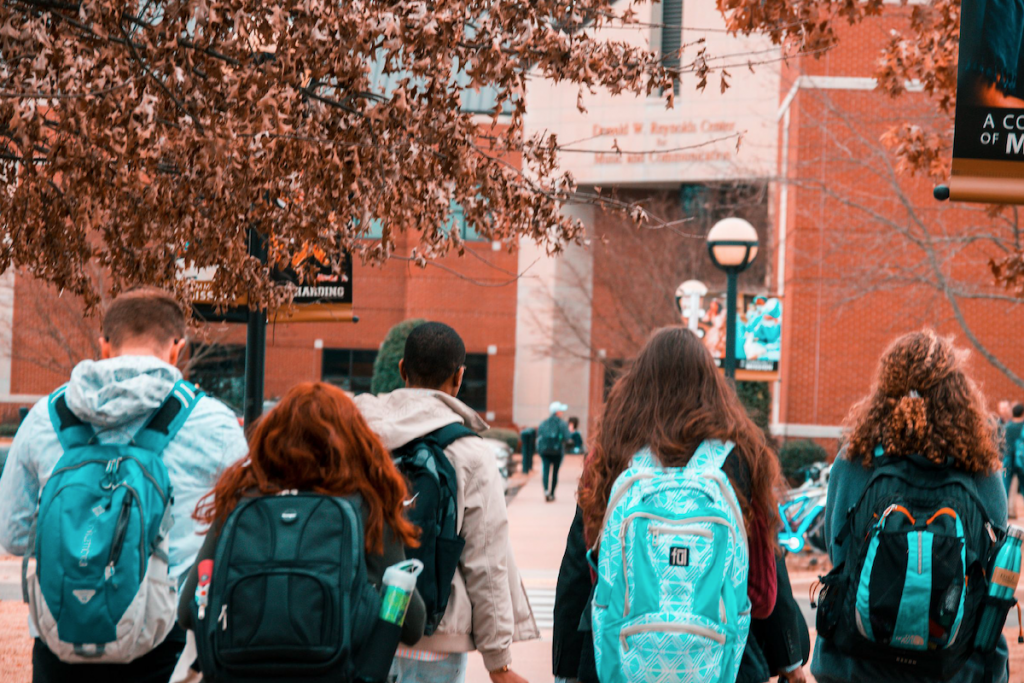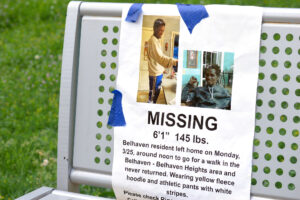Mississippi will raise more than $50 million for K-12 schools, colleges and universities by the end of its first full fiscal year on June 30. The education funding comes on top of $80 million that the lottery already raised this year for roads and bridges.
The Mississippi Lottery Corporation announced on June 17 that it had transferred more than $14 million to the state treasury for the month of May, bringing the total proceeds for the year to $129 million.
“For all of us at the MLC, we feel a great sense of accomplishment,” MLC President Tom Shaheen said in a statement announcing the transfer. “None of this could have been possible without the dedication and efforts of our retailer partners, vendors, our board of directors, our employees and the players. I am fortunate to have had the opportunity to work with such a wonderful group of people and to be a part of Mississippi history.”
When the Republican-led Mississippi Legislature approved the creation of a lottery in a special session in 2018 to address the state’s crumbling and underfunded infrastructure, the legislation initially directed all funds to go toward roads and bridges. Democrats had wanted the legislation, named for longtime pro-lottery Democratic House Rep. Alyce G. Clarke, to send the money to education. Lawmakers later decided to dedicate the first $80 million to infrastructure and to split any funds raised after that between K-12 public schools and higher education.
The state began selling lottery tickets midway through the fiscal year on Jan. 30, 2020. The first full fiscal year began on July 1, 2020. With a month left to go, the lottery had already raised $49 million for education by May 30, 2021.
Mississippi has some of the most underfunded schools in the country—a pattern that dates back to the Jim Crow era and that disproportionately affects students in majority-Black school districts. Teacher pay in Mississippi also remains stubbornly low even compared to neighboring southern states. In some parts of the state, school districts have struggled to hire and retain educators, requiring people who do not meet the normal qualifications to teach on emergency teaching licenses.
While the lottery is helping fill some holes in infrastructure and education caused by meager legislative funding, not everyone supported its creation. In 2018, Mississippi Sen. Hob Bryan, an Amory Democrat, said that creating a lottery program with a corporate structure was akin to the government operating “a numbers racket” to “swindle its citizens.”
Mississippi’s legislative leaders decided to adopt the lottery program to shore up infrastructure funds two years after passing the largest tax cut in the state’s history, which largely benefited wealthier Mississippians and corporations. Those 2016 cuts axed $400 million from yearly revenues and spared corporations $260 million in income taxes.










